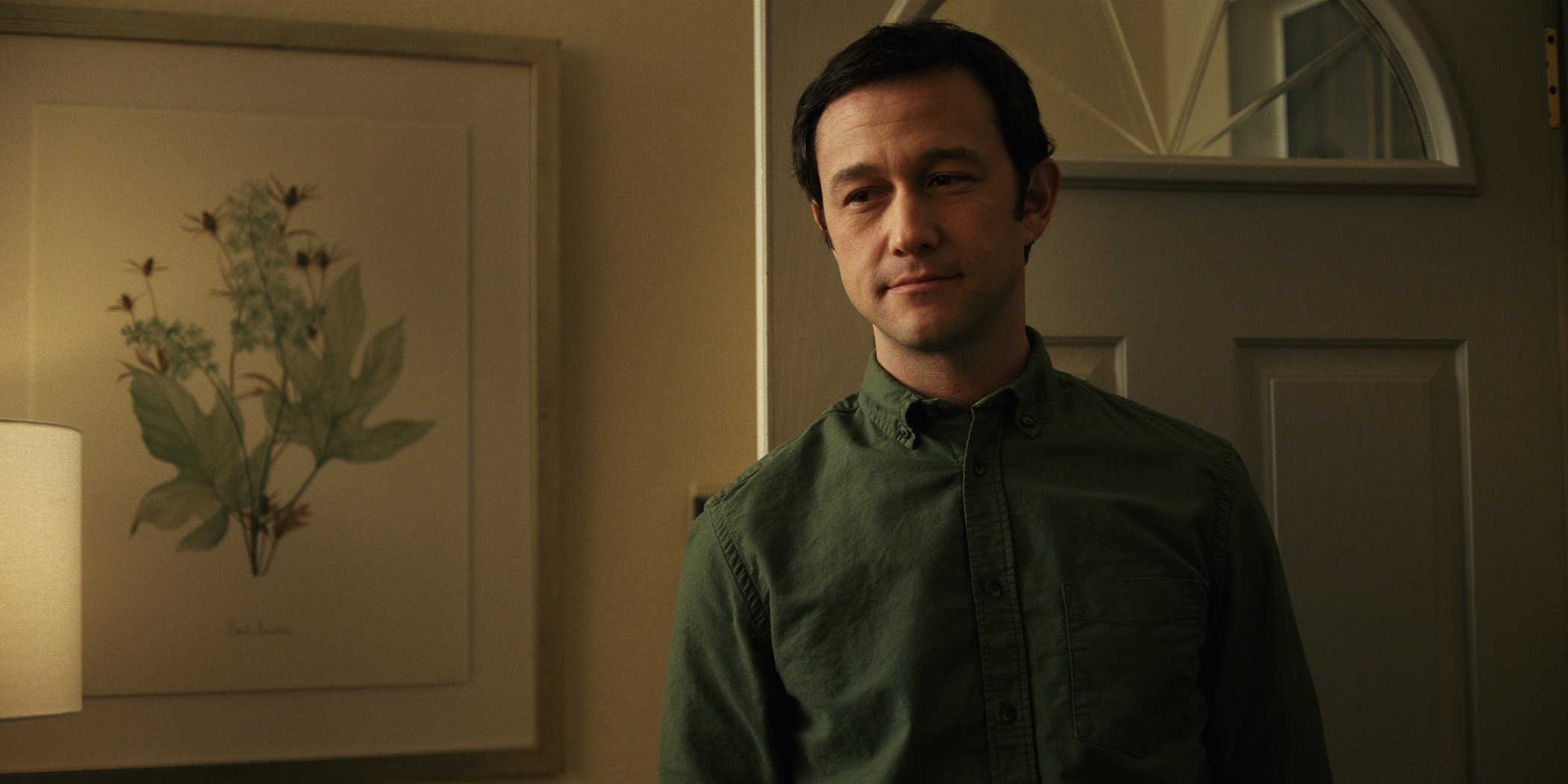What to Watch Verdict
'Happy Birthday' is anything but happy, as 'Mr. Corman' continues to slog through its self-involved story.
Pros
- +
🎂 Debra Winger is always enjoyable to watch.
- +
🎂 The show surrounding Gordon-Levitt isn't shy in pointing out Mr. Corman's flaws.
- +
🎂 The low-key focus on a single event ensures a streamlined story.
Cons
- -
🎂 The fantasy sequence feels shakily handled.
- -
🎂 Mr. Corman continues to be an exhausting lead character.
- -
🎂 A show honest about its annoying protagonist doesn't eliminate the protagonist being annoying.
This post contains spoilers for Mr. Corman.
Check out our last review here.
If the first two episodes of Mr. Corman raised the concerning question of why exactly this story is a TV series as opposed to a movie, then “Happy Birthday” only raises that question a bit louder. Plot remains thin on this show, as star and creator Joseph Gordon-Levitt once again serves as director. And the character-study aspect of the program, as we gradually learn more about Josh Corman and his fraying-at-the-edges mentality, would be more intriguing if what we learned this week felt remotely different from what we’ve already learned about a title character who’s in the guise of a charmer but is actually a nebbishy, neurotic misanthrope who’s unable to effectively communicate with anyone, himself included.
The episode’s title implies the events therein: Josh picks up his mother (Debra Winger) from her house so they can attend the birthday party of Josh’s niece and his mother’s granddaughter, where Josh gets into an argument about religion with his sister Elizabeth (Shannon Woodward) and struggles to tell his mother how much he cares for her. As with the prior installments, “Happy Birthday” eventually has a flight of fancy: the climax of the episode is a musical number in which Josh and his mother sing and dance their way through their feelings towards each other, at least as presented through Josh’s mind. The song-and-dance bit is an earnest reminder that Gordon-Levitt’s talents extend beyond acting (or at least, they aim to extend beyond acting; much of his singing and dancing recalls that of Ryan Gosling in La La Land, where you’re impressed at a marquee name for trying to pull off the multiple-talent threat instead of actually pulling it off), but also such an odd detour that it feels as out of place as the previous fantasies did.
Perhaps the fantasies would be more effective if Josh Corman was an interesting or relatable protagonist as opposed to someone who is not only asked the question “What is wrong with you?” in pointed fashion, but deserves to be asked that question. Josh is the kind of character who you would not enjoy being trapped on a road trip with for 3 days, let alone 3 hours. Within the span of a few minutes on the way to his sister’s house, Josh argues that his own neuroses and frustration at his life is really because of the choices his mother made, and continues to make. This argument is all spawned by Josh’s confusion and surprise at finding a strange man named Larry (an uncredited Arliss Howard, AKA Mr. Debra Winger) in his mother’s house, only to learn that this is his mother’s boyfriend, and they've been together for a year.

Though Josh is not unreasonably annoyed, he quickly turns it into a treatise on how his mother is responsible for his bad decisions and how his sister isn’t truly religious, but a control freak. (In return, his mother argues that Josh, who is half-Jewish, is an anti-Semite.) When Josh arrives at the party, he only truly connects with his 5-year old niece briefly, before she asks him about how God created the world. This leads Josh to the definitely very wise decision of saying that God doesn’t exist, leading to yet another argument, this one with him and his sister.
Arguably the core question of Mr. Corman is “Can Josh find happiness in his life, however that happiness may look?” But there is a more important and pressing question, and one that the show has yet to interrogate: “Why should anyone care if Josh finds happiness in his life?” (Considering that I share a first name with this unpleasant lout, that’s a question I do not enjoy typing.) Josh Corman, at least through what we’ve seen so far in this Apple TV+ series, is the kind of unhappy person who is only happy when others are made to feel as miserable as him. It’s not that a show cannot focus on such unpleasant characters, but that you have to make the story awfully compelling to focus on someone of this nature. Mr. Corman is now 3/10 of the way through what may well be its only season, and it’s not doing a great job of making clear why we should care about any of this.
Gordon-Levitt, Winger, and Woodward are all fine, with the latter two very believably communicating their frustration at having a son and sibling, respectively, who’s just so damn exhausting to deal with. (Whatever your personal religious beliefs may be, it doesn’t seem too challenging to steer clear of honest, adult discussions of the nature of religious deities to 5-year olds, but Josh -- a grade-school teacher -- struggles with this.) But the episode’s aims are so small-scale that it could just as easily have been brought to life in shorter fashion...if this was a movie.

That drumbeat may be tiring to listen to (if not now, almost certainly by the end of the season, unless this show drastically shifts gears, which would be more than welcome). But Mr. Corman seems tailor-made to have been a film instead of a TV show. It’s not the only TV series to be produced by the indie film company A24, but Mr. Corman feels like an A24 film so much that it may well have succeeded there. Or at least it would be less enervating as a single two-hour character study.
For now, there’s one question Mr. Corman has yet to answer: why this story? No doubt it’s become a cliche for TV critics and many viewers to say something along the lines of “Well, you know, you really have to stick with the show for eight or nine episodes before it gets really good.” Hopefully that’s true of Mr. Corman, although it’s just ten episodes long so we’re still a few weeks away from it potentially improving. That said, it would be ideal if Mr. Corman stopped waiting to hit a higher gear of quality. The time is now.
Josh Spiegel is a freelance cultural critic who has been published in Slashfilm, SyFy, ScreenCrush, The A.V. Club, The Hollywood Reporter, The Washington Post and others. His favorite films include Singin’ in the Rain, The Rocketeer, Pinocchio and A Matter of Life and Death. His favorite TV shows include Ted Lasso, Only Murders in the Building, Deadwood and Lost. He lives in Phoenix with his wife, two sons and too many cats.












